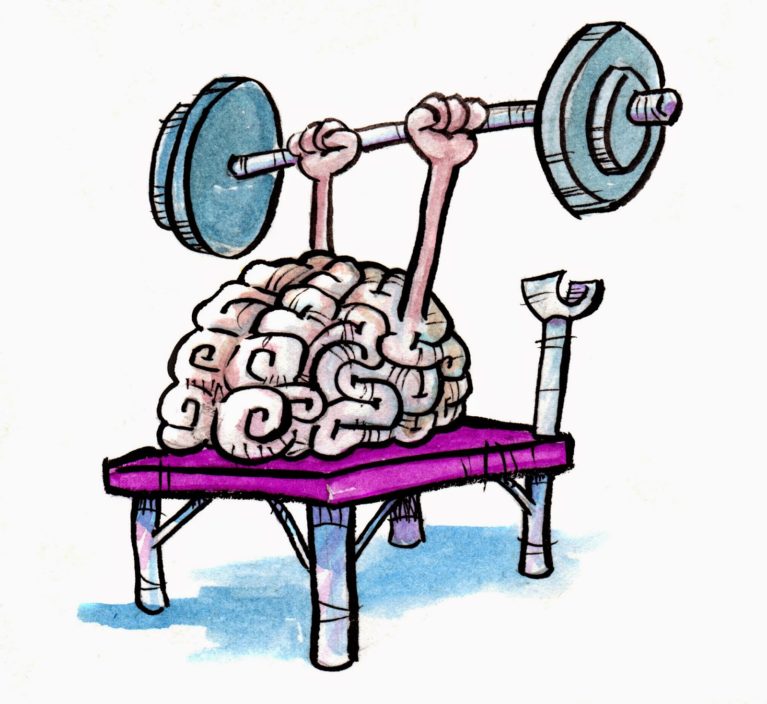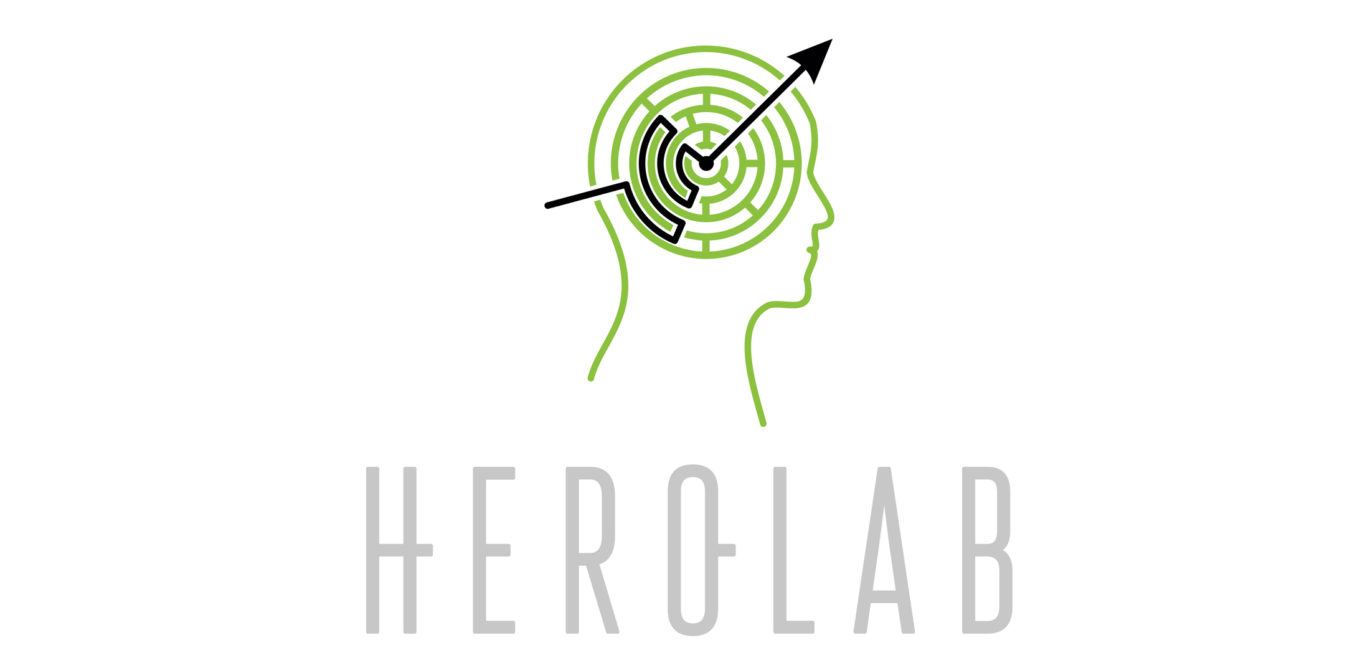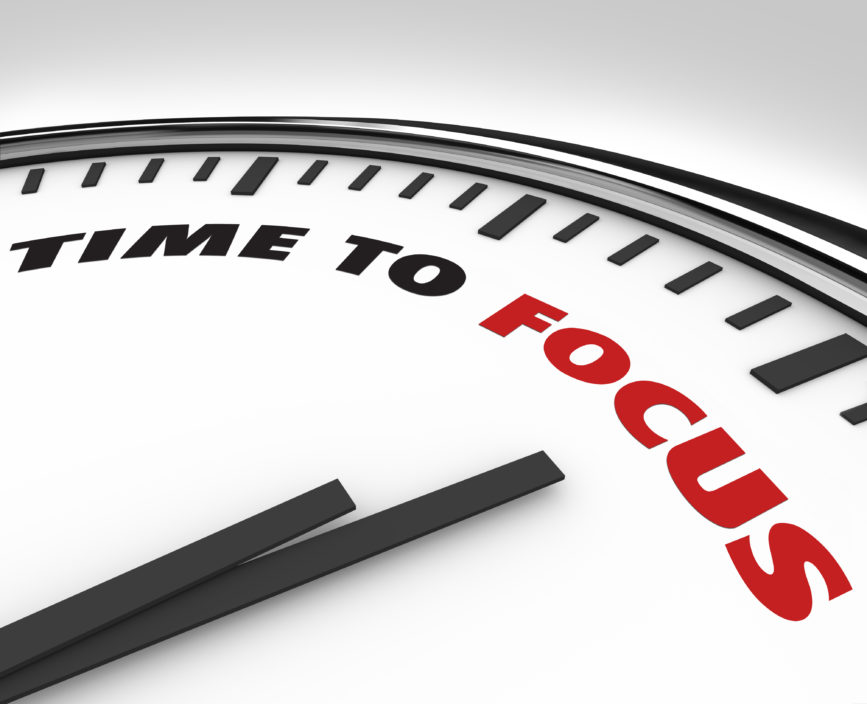In the last few last decades the sciences have added great depth to our understanding of the human mind and how it works. Advances in psychology and sociology have demonstrated similar insights into the functioning of the mind as we operate as individual people and when we cooperate (or otherwise) in teams, groups, and societies. Our understanding is far from complete, and improving all the time. Nonetheless, this “map” of human brain structure and the study of its function can provide powerful insights to those trying to use the above-mentioned hardware and software to maximum effect.
An understanding of the mechanisms of the mind and body that produce thoughts, feelings, and emotions is a good beginning for a mental skill development program. The ability to identify, anticipate and, eventually, manage thoughts and emotions even before they arise is one of the powerful benefits of an effective mental skill development program.
When effective mental skills, tactics, and strategies are learned, trained, and exercised regularly, the impact on productivity and morale can be amazing.
A few questions:
What is Performance?
We must start with a simple definition of performance that can be easily tracked. For our purposes, performance is the ability arrive at a chosen outcome or goal efficiently and consistently. In the case of an individual this may have to do with game objectives or sales targets. In the case of a team or group it may have to do with productivity, collaboration, solutions, results or all of the above. It should be pointed out that goals must fit the criteria for “well chosen” goals as discussed later in this program.
What is a thought?
In the simplest sense a thought is a pattern of neurological activity distributed throughout the brain and body. There appears to be a specific portion of the brain (the cerebral cortex) that is responsible for the conscious thoughts and feelings that we experience. It has been observed that activity in the frontal cortex can be strongly mapped to conscious experiences in the mind of the subject. We also know that signals from almost any part of the brain or body can be steered into consciousness. At any given time, many signals from the brain and body that do not make their way to the level of conscious awareness. A structure called the thalamus appears to be the intersection at which the various channels and signals are steered towards or away from conscious awareness.
In other words, the brain is always “multitasking”. It is constantly processing many signals that are not making it into conscious awareness. Understanding what pushes certain signals into the conscious mind at any given time is a good first step towards controlling mental focus.
What is an emotion?
For our purposes we consider an emotion to be a physical feeling, frequently associated with or triggered by a conscious thought or experience. The physical feeling related to any given emotion can be traced to the effects of hormones secreted from the endocrine system. Hormones such as adrenalin and cortisol are responsible for regulating many body functions but are also responsible for feelings like the familiar “fight or flight” response among many others. The hippocampus (a structure in the brain associated primarily with the sense of smell and the formation of new memories) also appears to play a role in the regulation of emotions.
What is focus?
Focus is defined as the ability to target your capacity for conscious awareness onto a given object, subject or experience. Focus is considered primary among the mental skills because it is critical “in the moment”. All of the other skills fundamentally prepare and develop the ability to target focus, set focal modes, and recover focus when it is lost.
Communication, stress recovery, learning, and problem solving are all processes (or what we like to call mental skills) that are used to sharpen insights into the nature and demands of the challenge faced and the assets available. These skills are used to identify and lock onto the relevant cues that lead to the chosen target and move away from the distractions and noises that diminish performance.
Mental tactics and strategies ensure that we are focusing in the right way on the right things for the right reasons. Passion and purpose are the key to drive and resilience and a sustained push for excellence and results.
What do we mean by “mental flow” or “the zone” of peak performance?
Our simple definition for “the zone” of peak performance is as follows. The zone is a state where simple awareness of the challenge provokes a direct response without the intervention of conscious thought.
To many athletes this means that sensory perception directly triggers motor response. To leaders and professionals it means the challenge at hand directly provokes an instinctive insightful solution.
Most of us have had this feeling at least once. It is the sensation that your senses are elevated and your focus is locked on target. It feels as if time has slowed and challenging activities become effortless.
There are many keys to getting in and staying in the zone and they don’t develop overnight. You must be up to the challenge (competent). You must have unconscious faith in your skills and tools. You must not attempt to control your actions, but rather, let them happen.
Herolab training offers insights into mental performance on an individual and group level. Herolab’s exercises are designed to be the most efficient path towards improved personal and team mental performance.



Leave a comment